THE HUMAN STAIN
Despite some stylish direction and some powerhouse performances, the 2003 drama
The Human Stain ultimately doesn't work thanks to problems with story, casting, and characterizations.
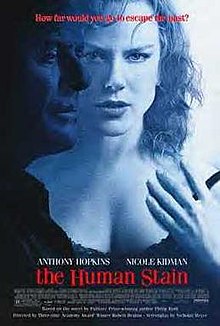
The film recounts the toxic affair between a disgraced, widowed college professor named Coleman Silk, played by Anthony Hopkins, who begins an affair with a much younger, slightly trashy cleaning woman (Nicole Kidman), who is revealed to be a prisoner of a very troubled past which she tries to shield Coleman from, but he is ultimately up to his neck in. Just as the relationship begins to reach a truly dangerous level, thanks primarily to the woman's psycho ex (Ed Harris), the story then flashes back to reveal a backstory for Coleman and this is where the film begins to lose me.

Oscar winner Robert Benton (
Kramer vs Kramer) has a proven record of documenting human emotion and flawed characters onscreen, but he's got a really odd screenplay to work with, not to mention some odd casting choices. Nicholas Meyer's screenplay, based on a novel by Philip Roth (
Goodbye Columbus) is all over the place as it tries to convince us that the problems that Coleman has had all his life, including the reason for losing his job at the college, all stem from the fact that he is a light skinned black man who has been passing for white all his life.

This is not new cinematic territory, but the casting here makes it hard to swallow a lot of this...first of all, we're supposed to accept English Anthony Hopkins (who makes no attempt to hide his accent) as Coleman from East Orange, New Jersey. Now that's OK until we meet Coleman as a young man (well played by Wentworth Miller) who is charming and educated, but definitely an American and then we're supposed to accept the whitest looking actor in Hollywood playing a light skinned black guy? That's when they lost me.

Not to mention the fact, that the way the relationship between Hopkins and Kidman is established, Kidman's character is way more damaged than Hopkins and this is the character whose backstory would have been a lot more compelling than Coleman's but the closest we get to her backstory is meeting her nutso ex, played with bone-chilling intensity by Harris. I have to say that I also loved the relationship initially set up between Coleman and a troubled writer (Gary Sinise) that also get shoved to the back burner in favor of Coleman's hard to swallow backstory told in endless flashback.

I managed to stay with it thanks to some extraordinary performances from Hopkins, Kidman, Harris, Sinise, and Harry Lennix and Anna Deveare Smith as Coleman's parents, but the overly complex and hard to believe story and its execution don't really work.

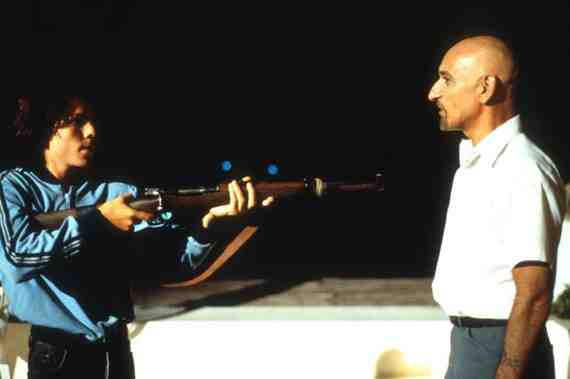

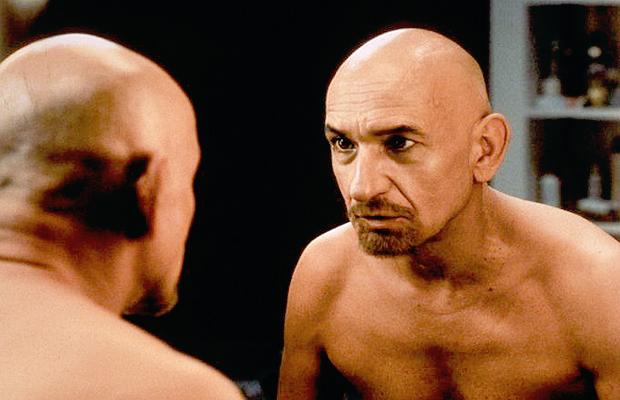




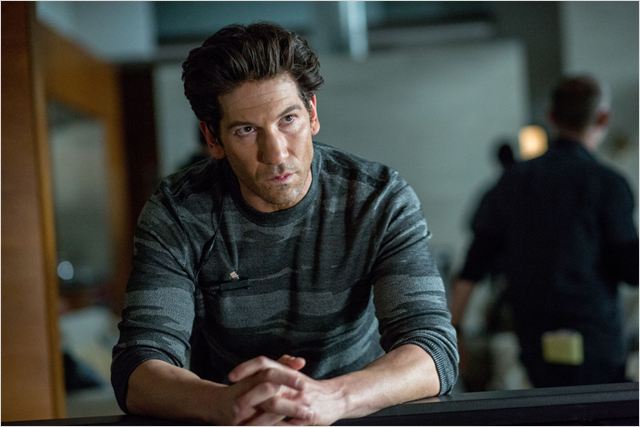
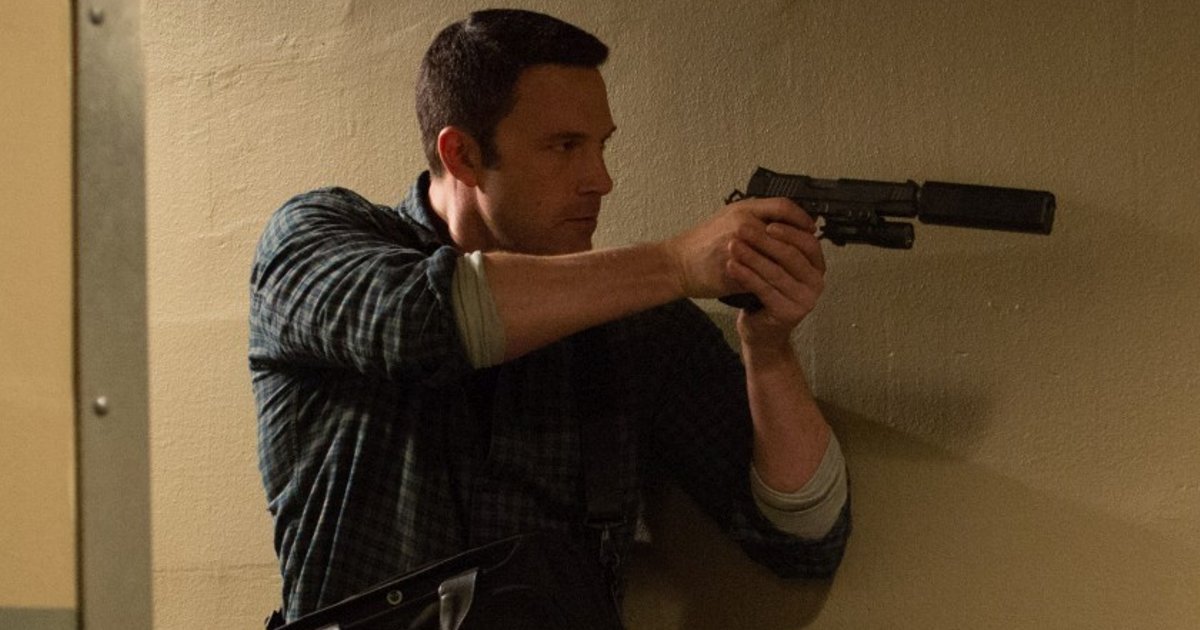
















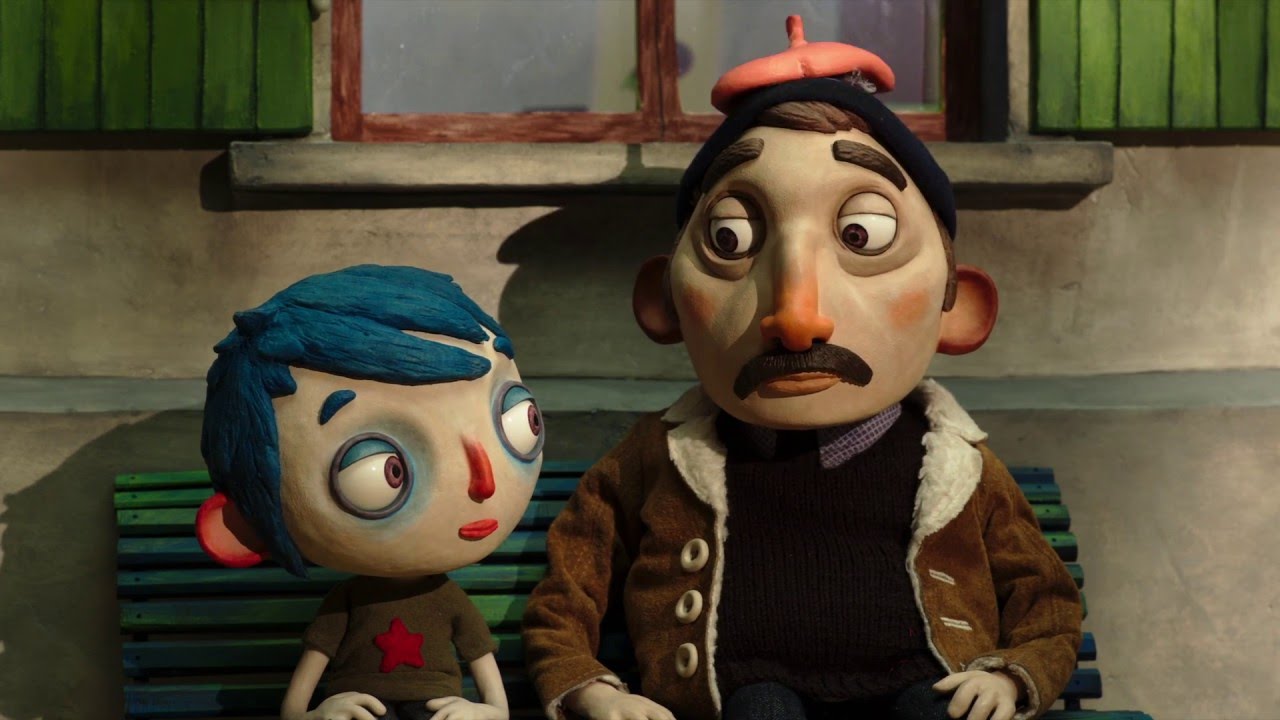






 .
.




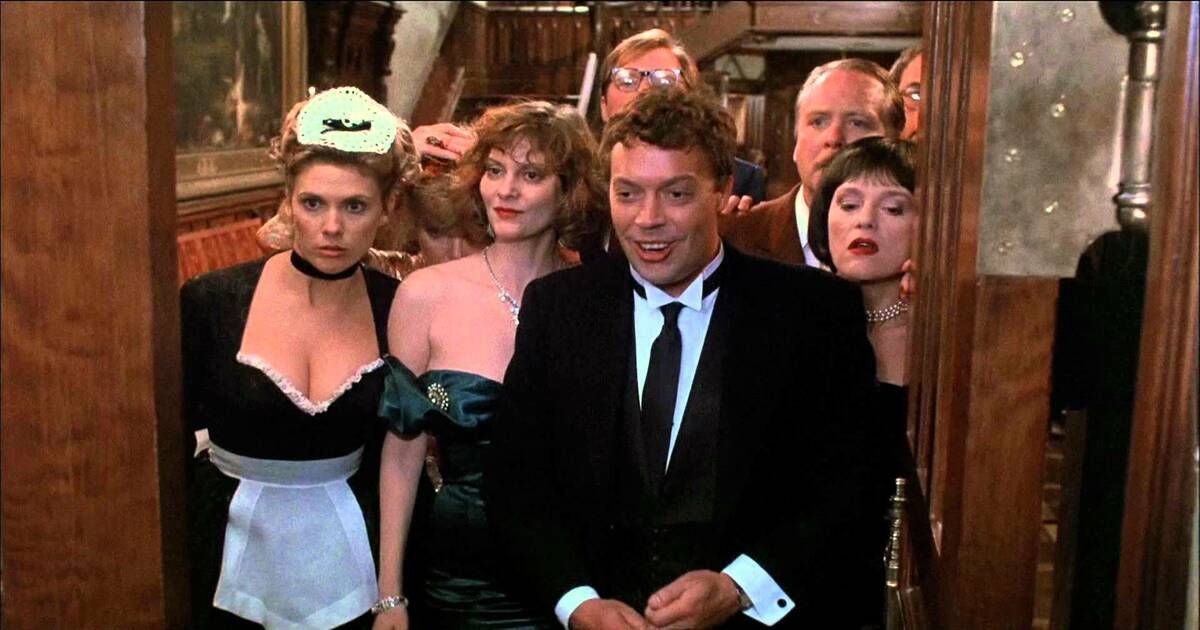
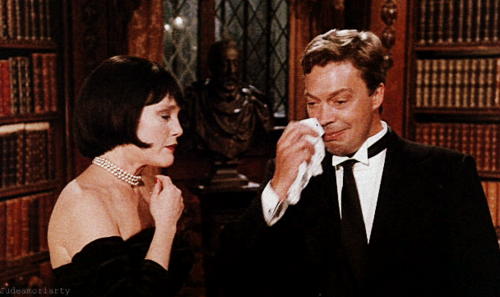







 I vividely remember it. Like,when Arthur is taking a bath in the photo, and John says in the end
I vividely remember it. Like,when Arthur is taking a bath in the photo, and John says in the end